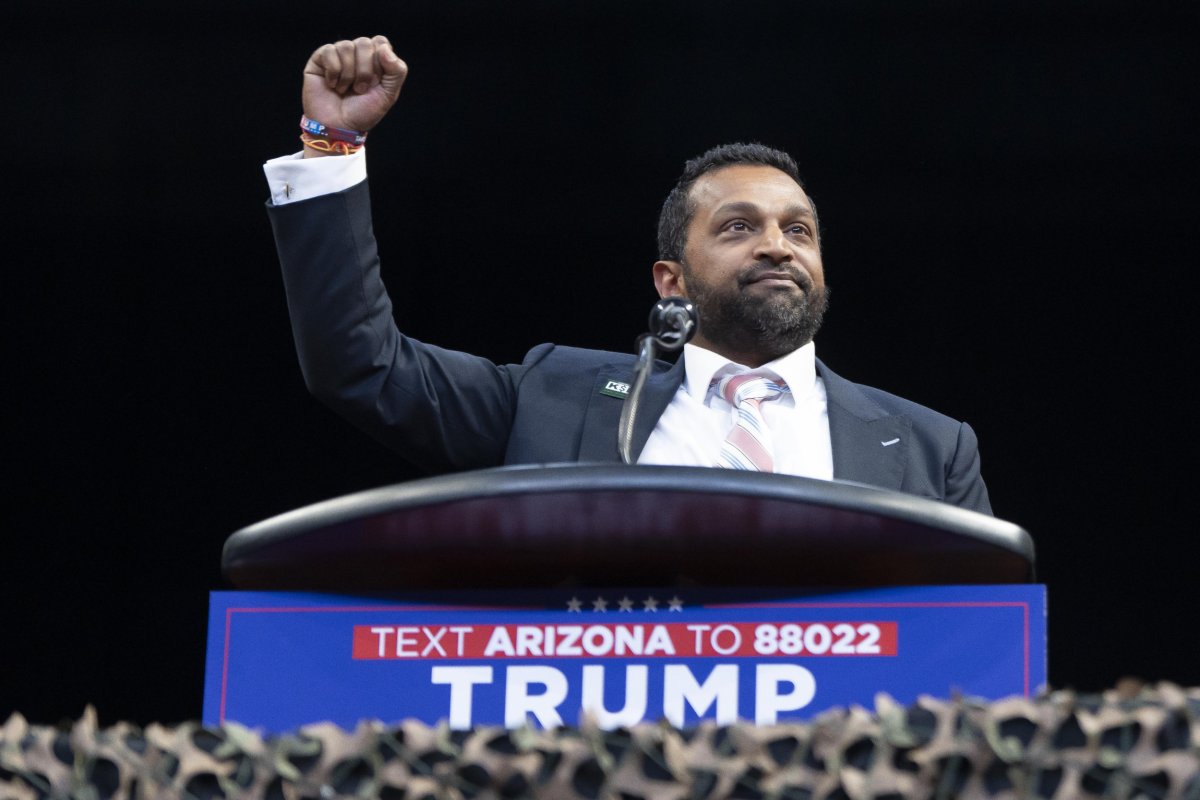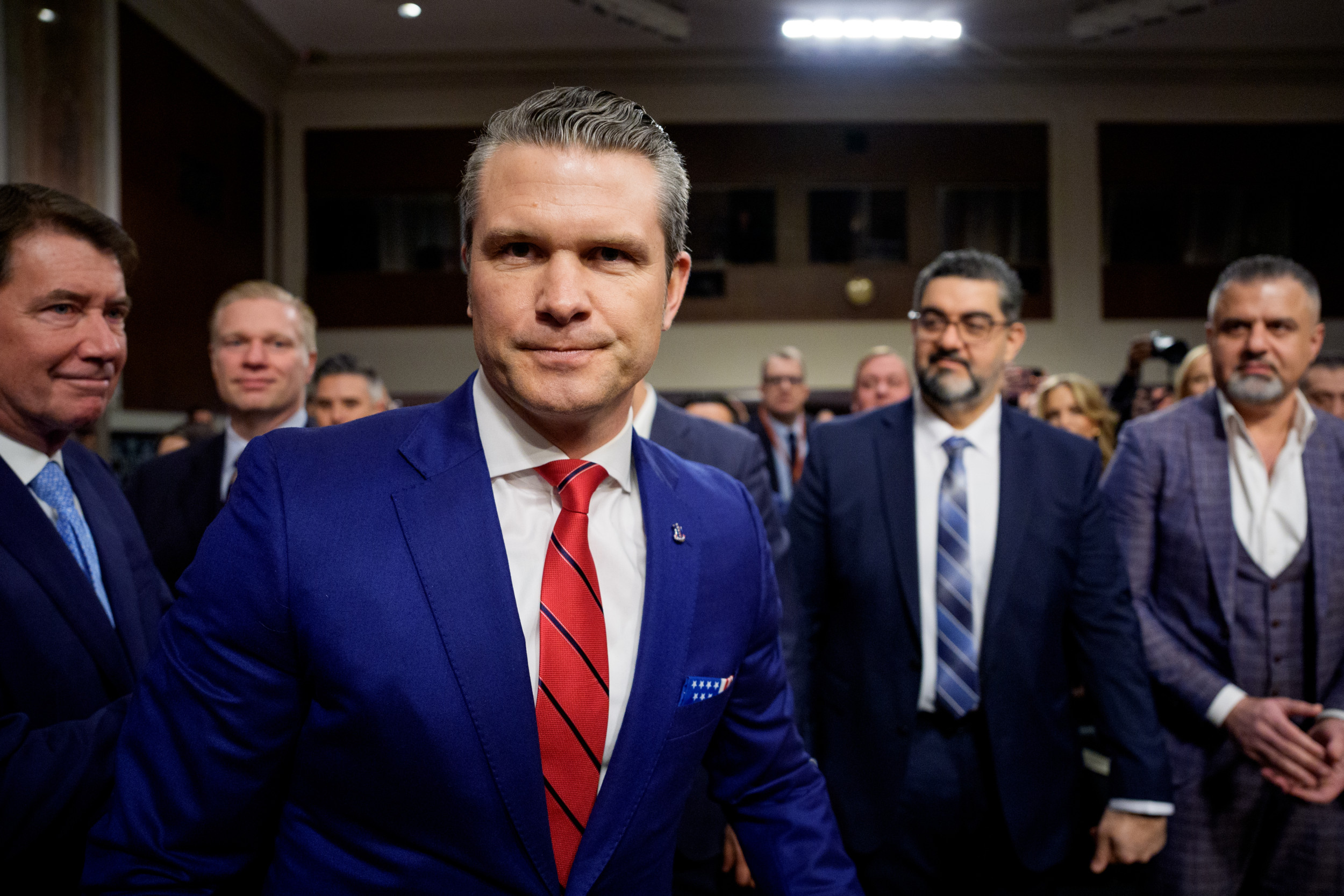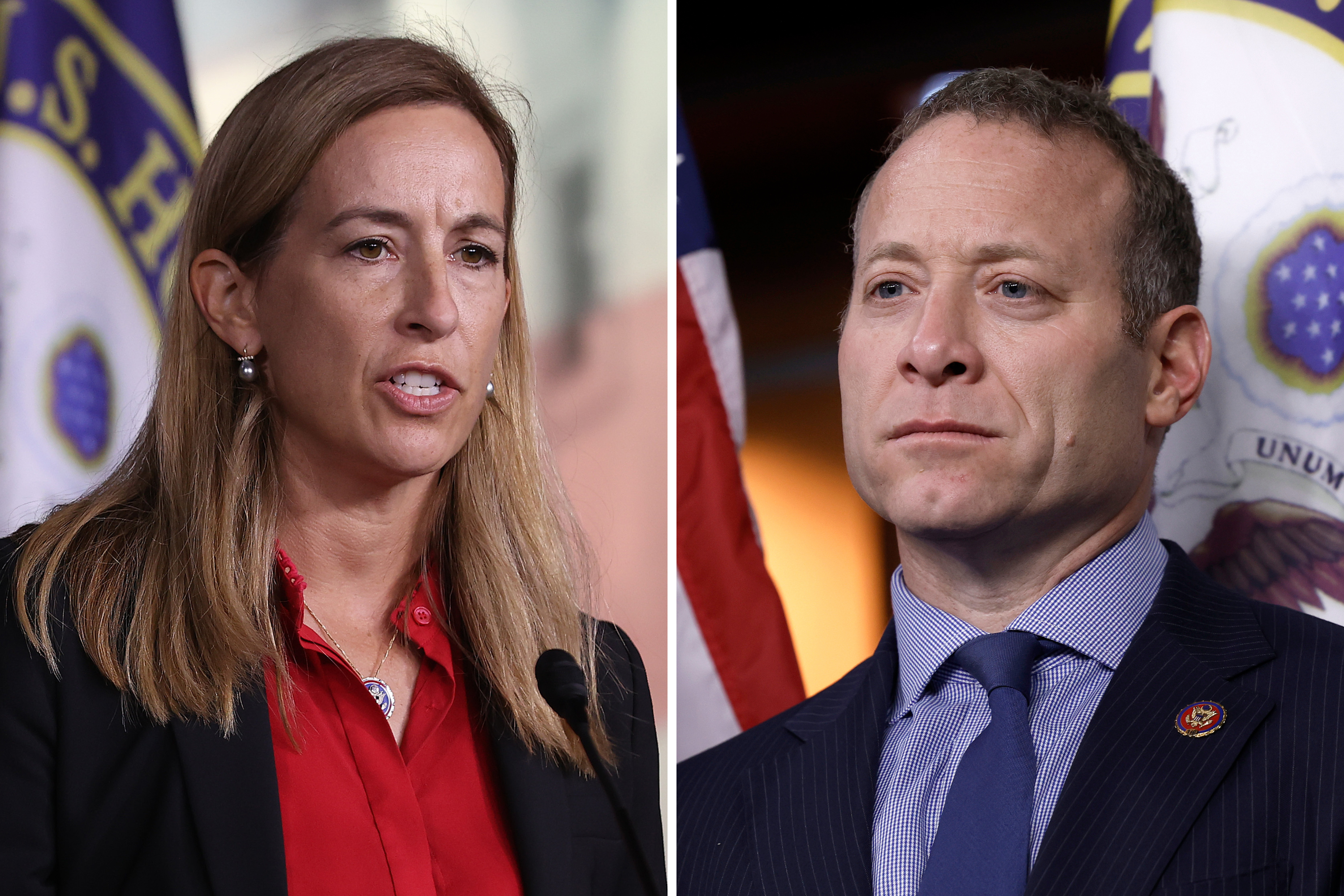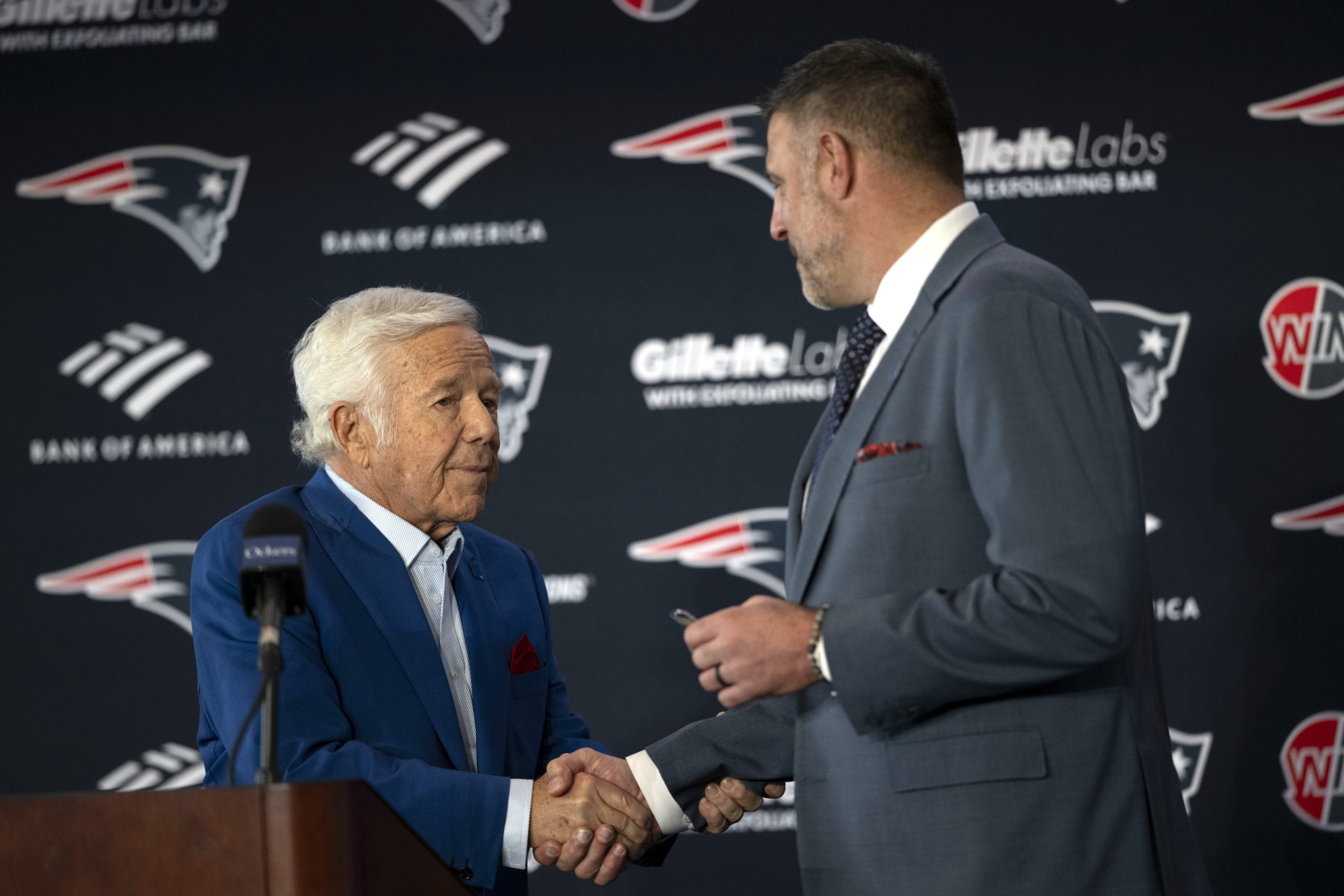With the recent start of the 119th Congress and the imminent beginning of a second Trump administration, key nominations are drawing attention, with particular concern over Kash Patel's nomination to be director of the FBI. To be sure, there is much to be concerned about in Patel's record, including his past promises to "come after" journalists, his presumed devotion to carrying out President-elect Donald Trump's vows of retribution against political opponents and critics, and what many describe as his enemies list of "deep state" actors—a list that includes current FBI Director Christopher Wray, who was appointed by Trump. Patel's record, combined with the FBI's broad powers, threatens to be a toxic mix.
This threat is not theoretical but rather is one we've seen materialize before in a dark chapter of our nation's history—the illegal, covert projects run from 1956 to 1971 by the FBI under the Counterintelligence Program (COINTELPRO). And history could repeat itself if we're not careful.
COINTELPRO was initiated in 1956 with the internal justification of fighting the Communist Party, but it rapidly evolved into a means of surveilling, infiltrating, and disrupting any element that FBI leaders deemed subversive. The program's targets included women's rights organizations, organizations protesting the Vietnam War, labor unions, civil rights organizations, and individuals with leadership positions in any of these movements. Indeed, even the Rev. Martin Luther King, Jr., who received the Nobel Peace Prize in 1964 and was globally recognized for non-violent resistance to injustice, was a COINTELPRO target and received a threatening letter from J. Edgar Hoover's FBI—using information gleaned from surveillance—that might have been designed to prompt King's suicide before he accepted the Nobel Peace Prize.

COINTELPRO was first exposed on the front page of The Washington Post on March 24, 1971. The public was outraged. Within a year, FBI Director J. Edgar Hoover declared an end to the program, but that did not end scrutiny of this dangerous intelligence community overreach. In 1975, Congress established the Select Committee to Study Governmental Operations with Respect to Intelligence Activities of the United States, often known as the Church committee after its chair, Sen. Frank Church (D-ID). After a 16-month investigation that included 126 committee meetings and 800 witness interviews, the bipartisan Church committee released a final report on April 29, 1976. The report documented countless abuses, finding that the "[g]overnment has often undertaken the secret surveillance of citizens on the basis of their political beliefs, even when those beliefs posed no threat of violence or illegal acts" and that "intelligence agencies have served the political and personal objectives of presidents and other high officials."
The Church committee's final report is widely credited with spurring numerous reforms, including issuance of an executive order banning political assassinations, creation of the Senate Select Committee on Intelligence to provide oversight of intelligence agencies, enactment of the Foreign Intelligence Surveillance Act (FISA) of 1978, and establishment of a 10-year term for FBI Directors.
But those reforms may not be enough to prevent abuses of the kind the nation saw in the 1950s and 1960s. After all, the FBI's mandate "to protect the American people" and its focus on national security comes with broad powers—and a real danger that the FBI would use those expansive powers not to protect our national security, but to further the personal and political vendettas of the powerful.
For this reason, it matters who runs the FBI. The right leadership can provide a critical safeguard against abuses of these expansive powers. COINTELPRO represented not only a legal failure, but also a leadership failure under FBI Director Hoover and others. Prominent Hoover biographers like Professor Beverly Gage express worry about the prospect of a Patel-led FBI. The FBI must be headed by the right person—someone who respects that the FBI's mission is not only to "protect the American people," but also to "uphold the Constitution of the United States."
In a cruel irony, Trump will be inaugurated on Martin Luther King, Jr., Day, the federal holiday established to honor King's role in a civil rights movement that has brought our nation a bit closer to the ideals expressed in the Declaration of Independence. But the advocacy that MLK Day now celebrates made King the target of FBI surveillance, harassment, and endangerment in the COINTELPRO era. We can honor King by ensuring that social justice advocates who continue his essential work—the struggle to make our nation freer, fairer, and more inclusive—will not suffer the same fate.
Praveen Fernandes is vice president at the Constitutional Accountability Center.
The views expressed in this article are the writer's own.




















 English (US) ·
English (US) ·